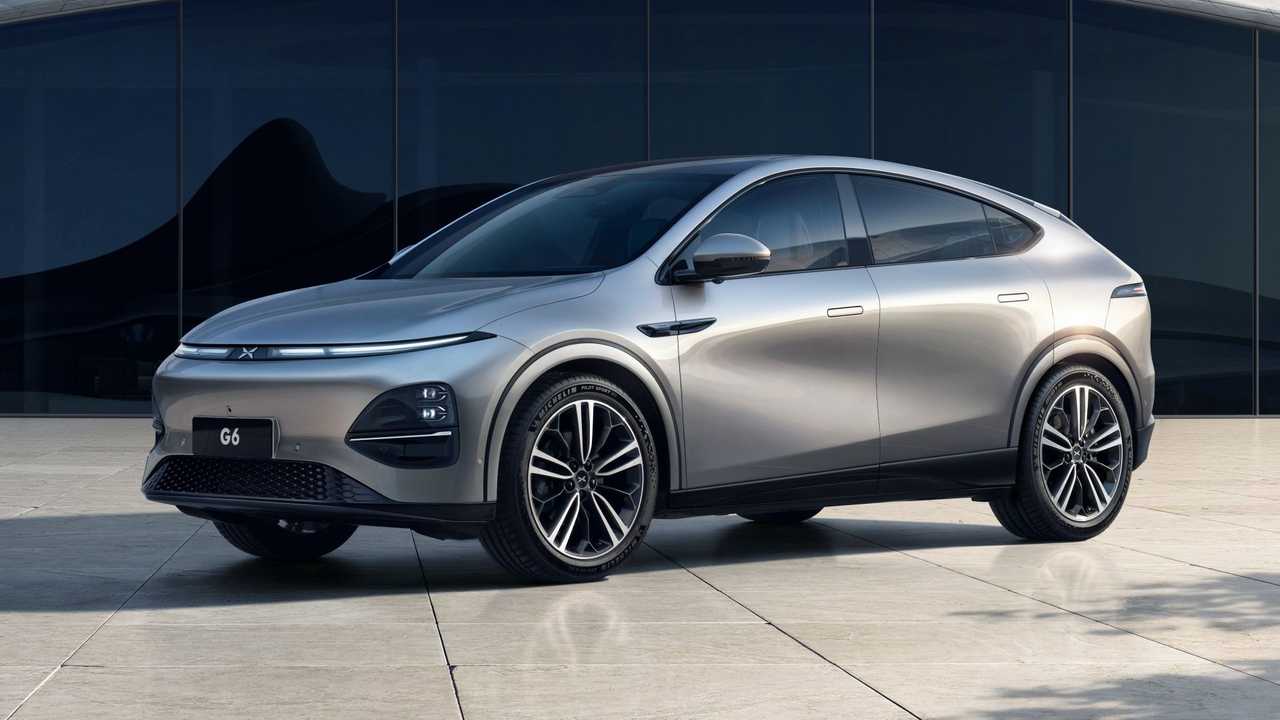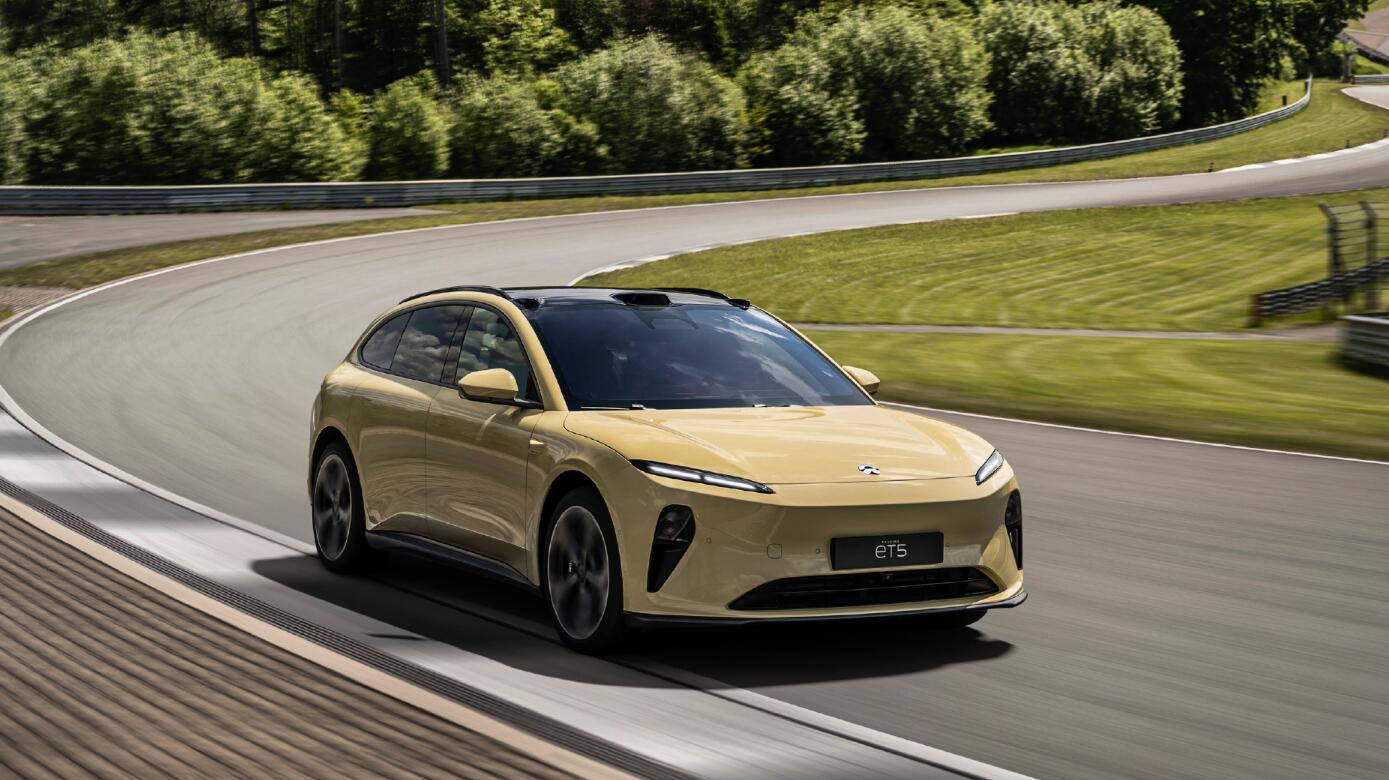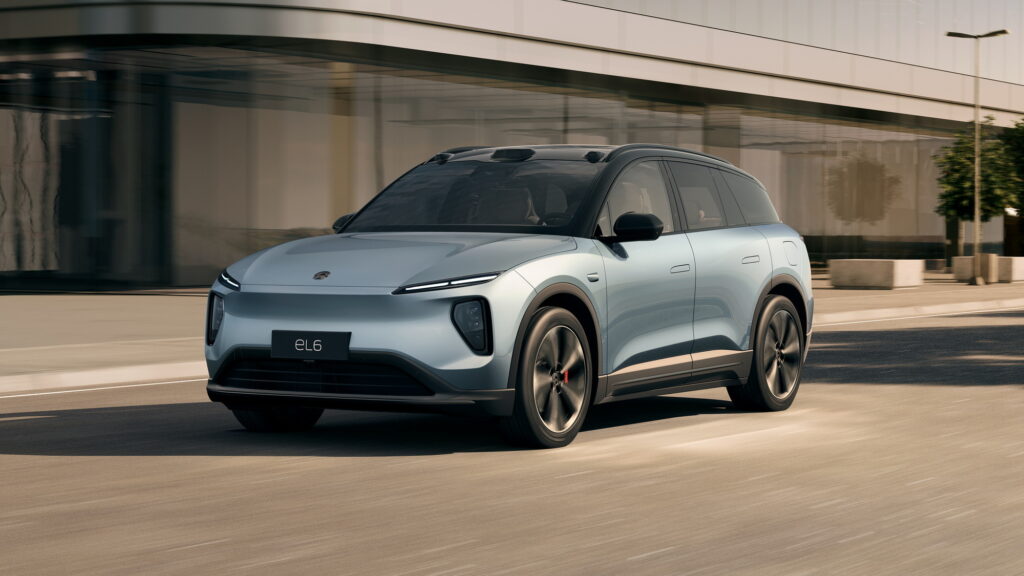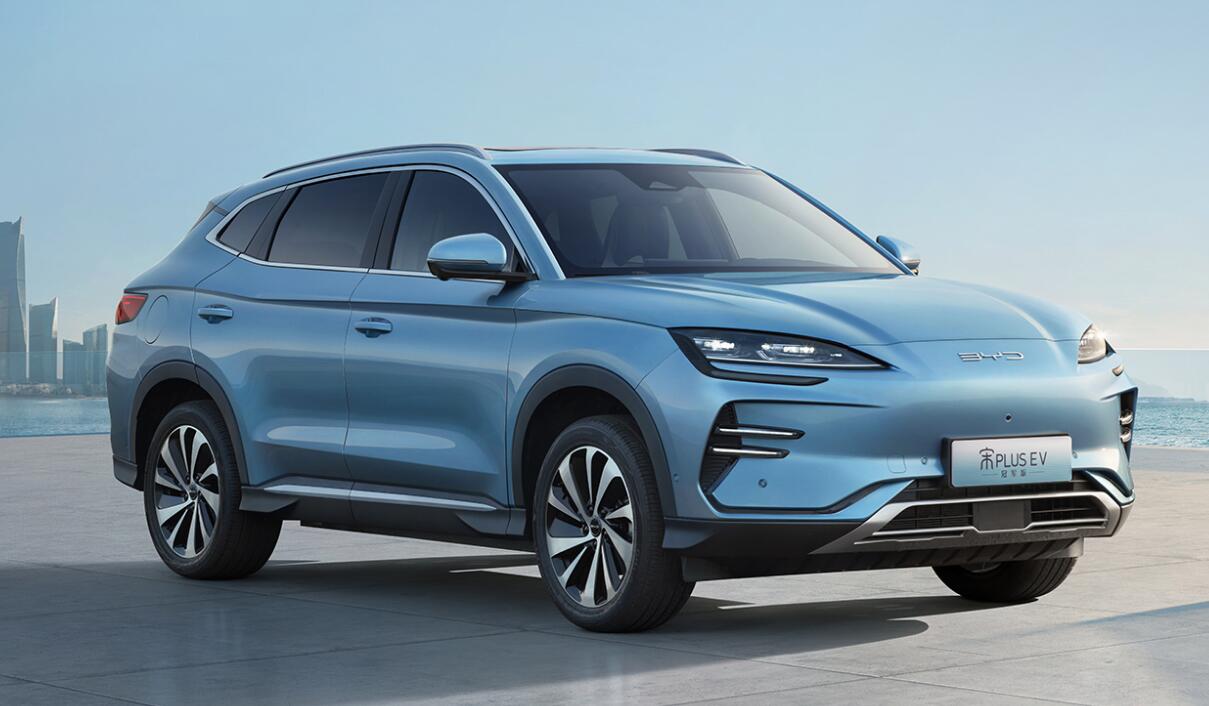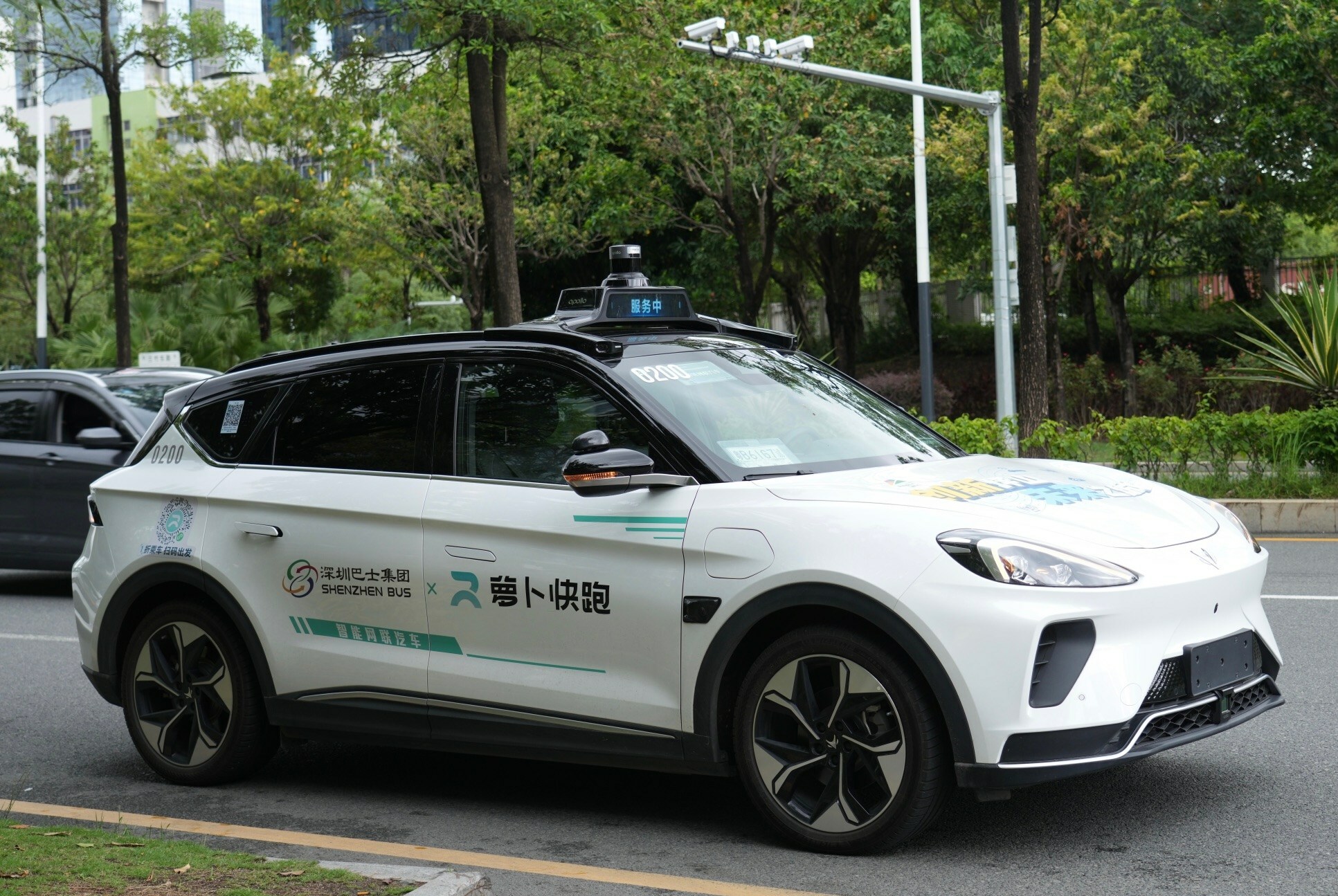Executives and analysts have emphasized that the ability to innovate is crucial for carmakers to stand out in the increasingly competitive new energy vehicle (NEV) market. During the 2023 China Auto Bluebook Forum held in Wuhan, Hubei province, You Zheng, the vice-president of State-owned Dongfeng, stated that technological innovations have become the “main battlefield” for car manufacturers as the century-old auto industry enters a new era.
“We must seize the opportunities arising from electrification and smart connectivity to grow our local brands,” said You, highlighting the dramatic changes unseen in a century. He further revealed that Dongfeng has been building a comprehensive NEV system that encompasses platforms, technologies, and resources. By 2025, Dongfeng aims to offer 18 passenger NEV models and 22 commercial NEVs, supported by three platforms, including a pioneering luxury off-roader platform in China.
Notably, Dongfeng has also collaborated with leading Chinese chipmakers to address the global automotive industry’s semiconductor shortage, which has been a major challenge in recent years. The company’s investment in the smart NEV segment from 2021 to 2025 is expected to exceed 100 billion yuan ($14.05 billion) to enhance its competitive edge.
He Xiaopeng, the CEO of Xpeng, emphasized the growing significance of software in reshaping the automotive industry. He stated at the forum, “If hardware remains the most important thing, the NEV sector will be the same as the gasoline sector.” He further emphasized that software’s importance will surge within the next five years, intensifying the competition. Drawing a parallel with the internet and smartphone industry, he emphasized the need to be among the top players to succeed.
Statistics from the China Passenger Car Association revealed that Xpeng delivered 7,506 vehicles in May, experiencing a slight increase from April but still down 25.8 percent year-on-year. However, He expects Xpeng’s performance to improve from the third quarter of this year, with accelerated growth projected from the third quarter of 2024.
Jack Yu, president of the China Auto Bluebook Forum, pointed out that the competition in the automotive industry now revolves around NEVs rather than solely smart vehicles. He emphasized that future vehicles will be electric and, more importantly, smart. While the early stage of competition is focused on electrification, it is premature to predict the future scenario based solely on current sales.
Regarding the acceptance of NEVs in the Chinese market, analysts argue against an immediate ban on the sales of gasoline vehicles, a proposal raised by authorities in some countries. Xu Min, a professor at Shanghai Jiao Tong University, stated that it would be irresponsible to halt sales abruptly, suggesting that the market should dictate the transition.
In May, China witnessed the sale of 717,000 electric vehicles and plug-in hybrids, marking a 60.2 percent increase year-on-year and constituting 30.1 percent of overall vehicle sales for the month. Furthermore, NEVs achieved cumulative sales of 2.94 million units in the first five months of this year, reflecting a 46.8 percent year-on-year growth, according to the China Association of Automobile Manufacturers. In 2022, China sold 6.89 million NEVs, surpassing the government’s estimated goal of 25 percent of total vehicle sales by 2025, which was set in 2019.

